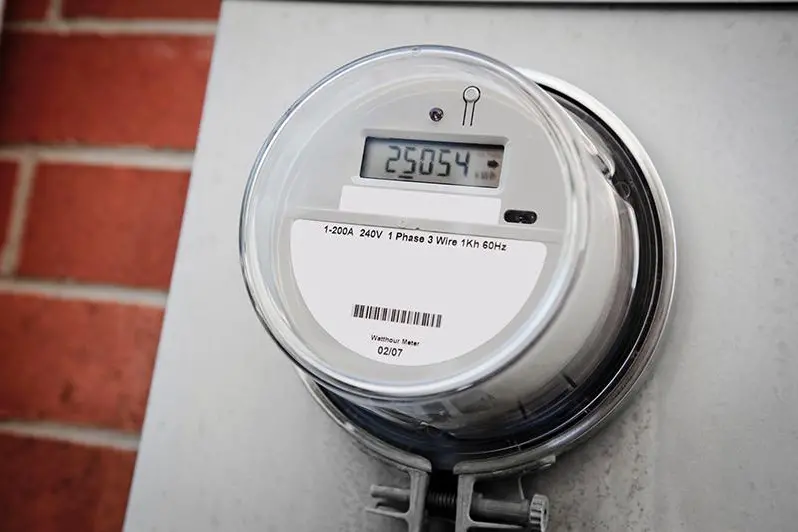PHOTO
Utility bills for Bahraini households could be calculated differently to take into account hot weather usage as the government reviews a proposal by the Muharraq Municipal Council to help cut the cost of bills.
Councillors want the government to present subsidised rates for all three consumption categories rather than just the first, which is the current mechanism implemented by the Electricity and Water Authority (EWA).
Bahrainis with one home qualify for a subsidised electricity rate of just 3 fils per unit, but if they exceed 3,000 units in a month the rate increases to 9 fils per unit for additional electricity consumed.
Those exceeding 5,000 units are charged 16 fils for each unit.
The Cabinet has already ordered an exceptional system since 2019 for high utility bills for Bahrainis with one household from June to August (peak hot season) based on the previous year’s usage, or whatever is lower.
Any new mechanism has yet to be announced with the EWA sending a letter to the council asking for more time to outline modified billing systems. They are expected to be revealed next month with comprehensive explanations and feedback on how bills will be calculated.
The council’s public utilities and environment affairs committee chairman Fadhel Al Oud, who proposed the move, said during yesterday’s council meeting that electricity and water bills in Bahrain were ‘back-breaking’ for many consumers.
“It is only 3,000 units that are subsidised per month per Bahraini household and even that mechanism is not clarified, as many don’t reach that usage but are charged on the next unsubsidised category,” he claimed.
“The Cabinet’s decision for the peak summer months was a relief but it just sees the amount calculated according to usage in previous years, which is also high considering that air-conditioners are on full use, besides other cooling appliances, with the rates jumping to the second and third categories.
“There has to be a new mechanism in which electricity is calculated differently during the summer, which is basically in Bahrain 10 months of the year, from the current backbreaking mechanism of counting usage.”
He said that the government should work towards a fairer system of subsidising Bahrainis. “People wouldn’t use ACs if the weather was cool,” said Mr Al Oud. “Our weather is extremely hot and people use electricity and water accordingly.”
Expatriates, however, are not included in this bid to cut costs.
The proposal will be now reviewed by Electricity and Water Affairs Minister Wael Al Mubarak.
The GDN reported in June this year that another proposal to introduce fixed monthly utility bills to help people manage their spending has been presented by the Southern Municipal Council.
Under that proposal, also under review by Mr Al Mubarak, the amount would be an average of the monthly payments for a year by a household. Councillors, however, want the move to be offered as an option and not forced on people.
In May this year, MPs called for utility bills to be slashed for everyone living and conducting business in Bahrain. They also wanted Bahrainis to get complete cost exemptions during the three peak summer months which witnessed the highest consumption of electricity and water. They also suggested that people should be given a longer period to pay their utility bills.
The government fully shouldered the utility bills of 380,000 electricity and water accounts for three months, April to June, last year under a BD4.5 billion financial stimulus package to offset the impact of the Covid-19 pandemic.
The exemption was then redirected to Bahrainis in their first household from July to December last year.
A series of rate increases since 2016 has seen the cost of electricity increase to 29 fils per unit, while the water rates are 750 fils per unit.
It means expats and Bahrainis with more than one property are currently paying 866 per cent more for electricity than Bahrainis in their first household.
The National Action Charter Bloc, led by its president Mohammed Al Sissi, who is also Parliament foreign affairs, defence and national security committee chairman, in July last year presented a proposal to halve the rates. However, the Electricity and Water Affairs Ministry rejected it on the basis that it would cost the government BD40 million, which was not available in the current financial circumstances.
Copyright 2021 Al Hilal Publishing and Marketing Group Provided by SyndiGate Media Inc. (Syndigate.info).





















